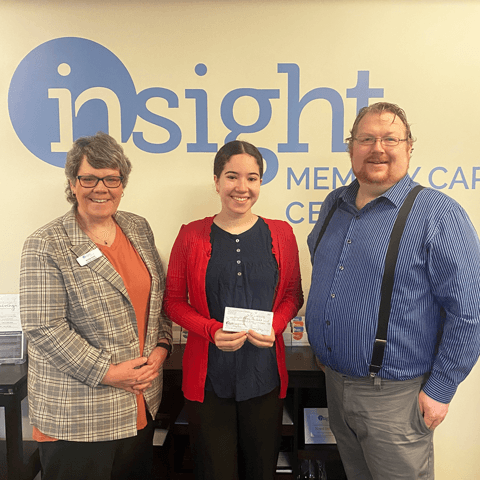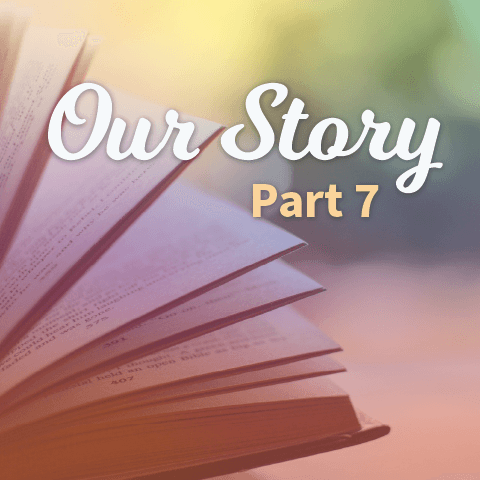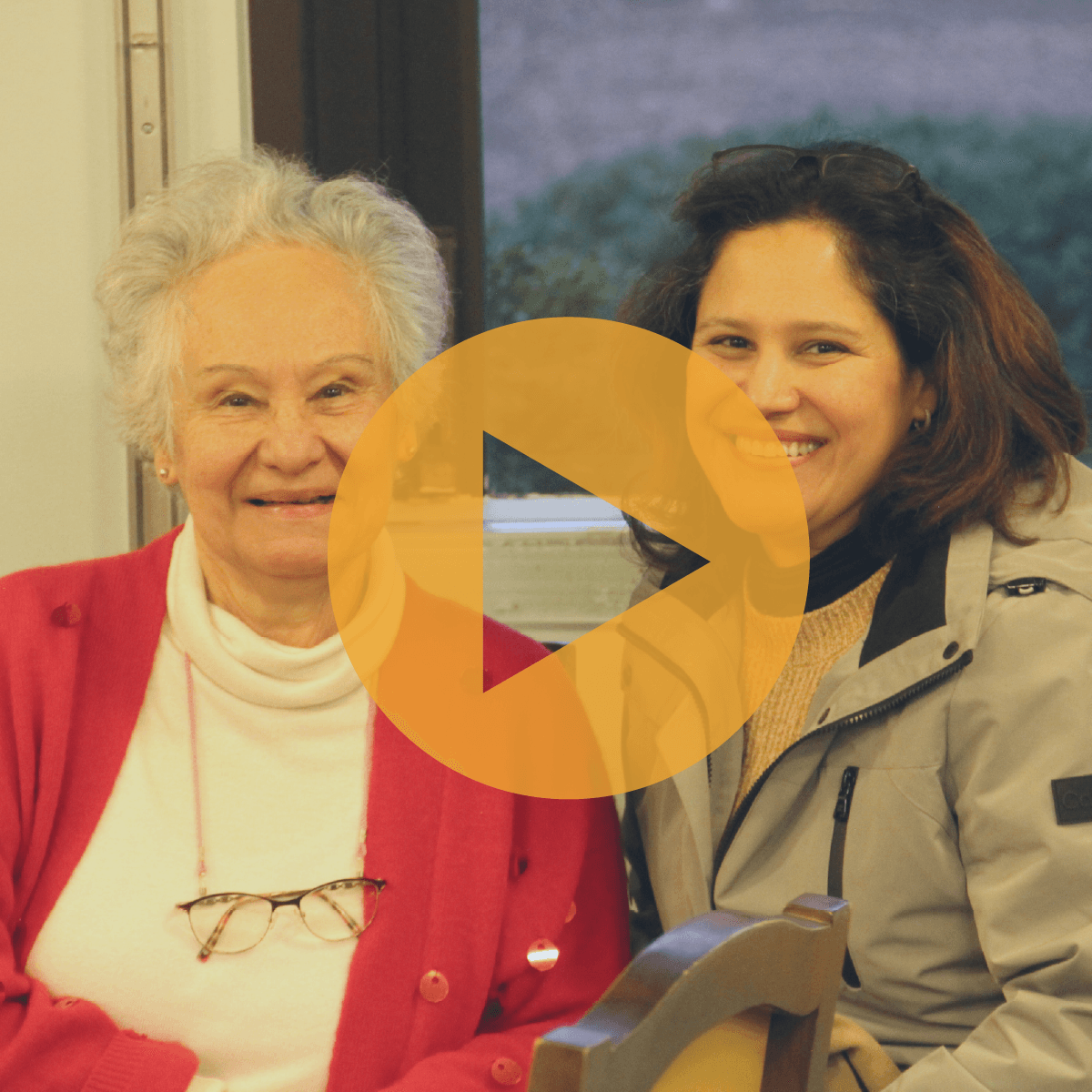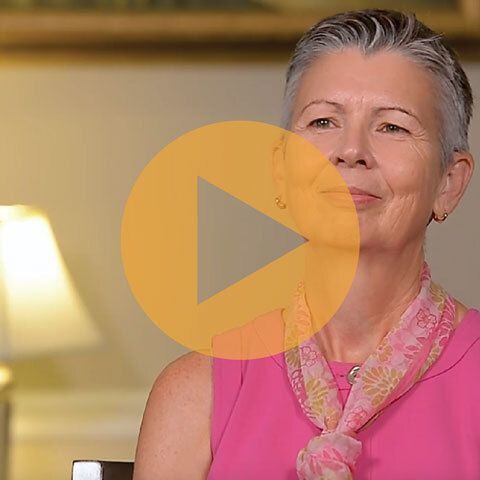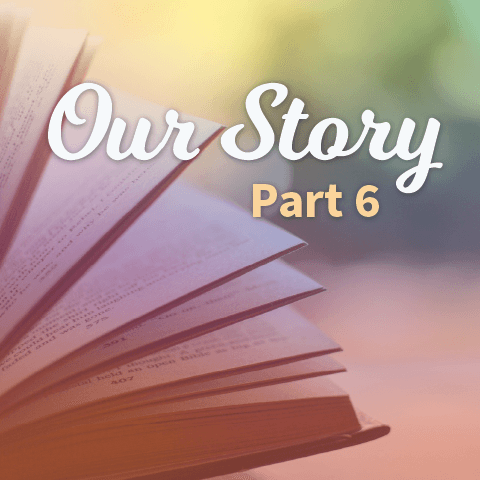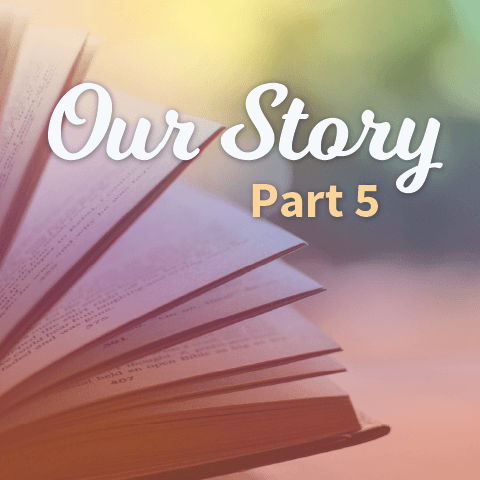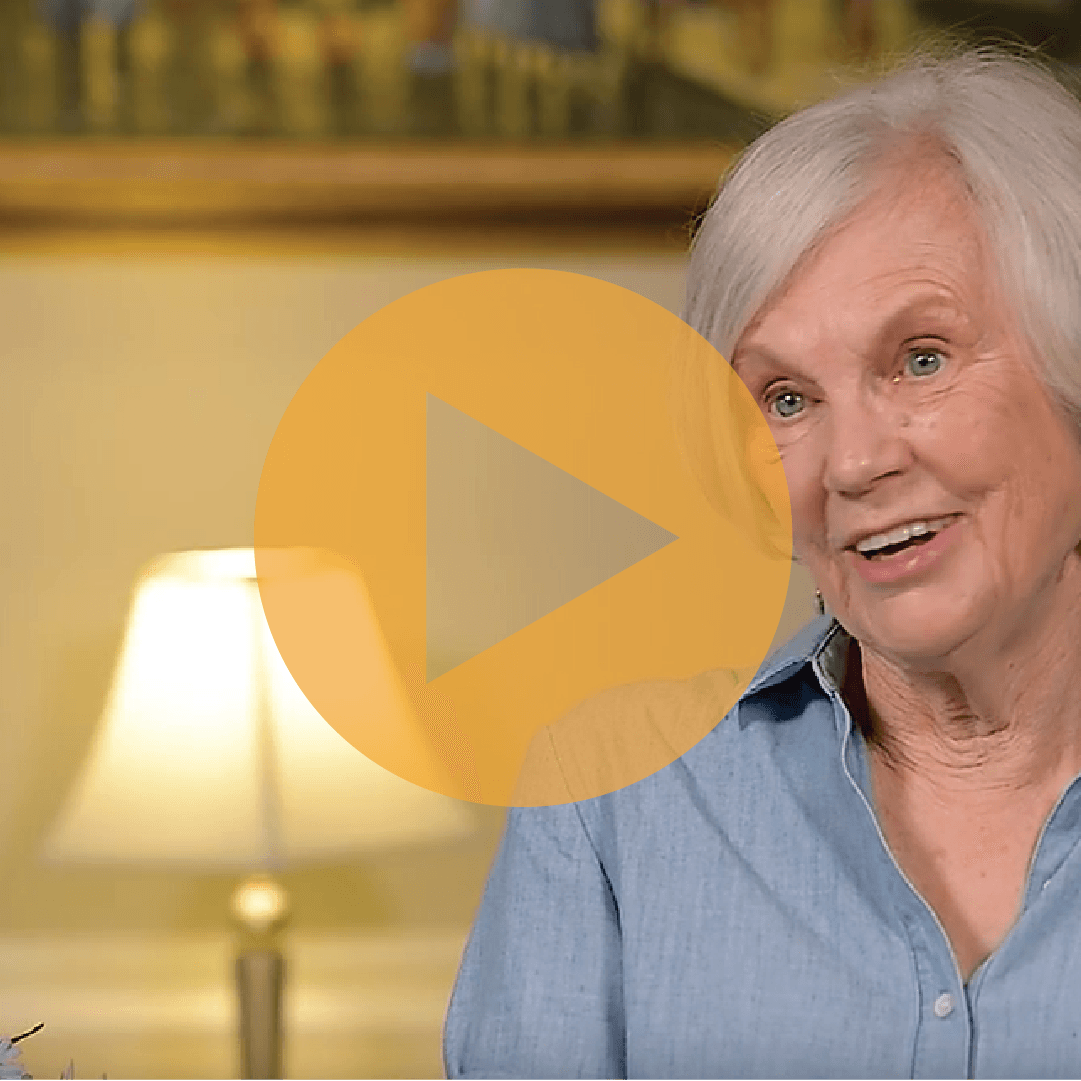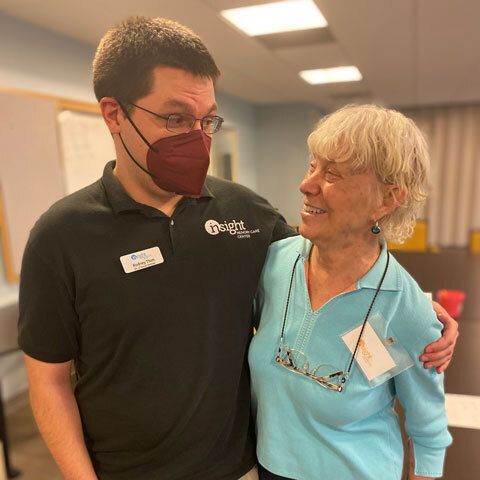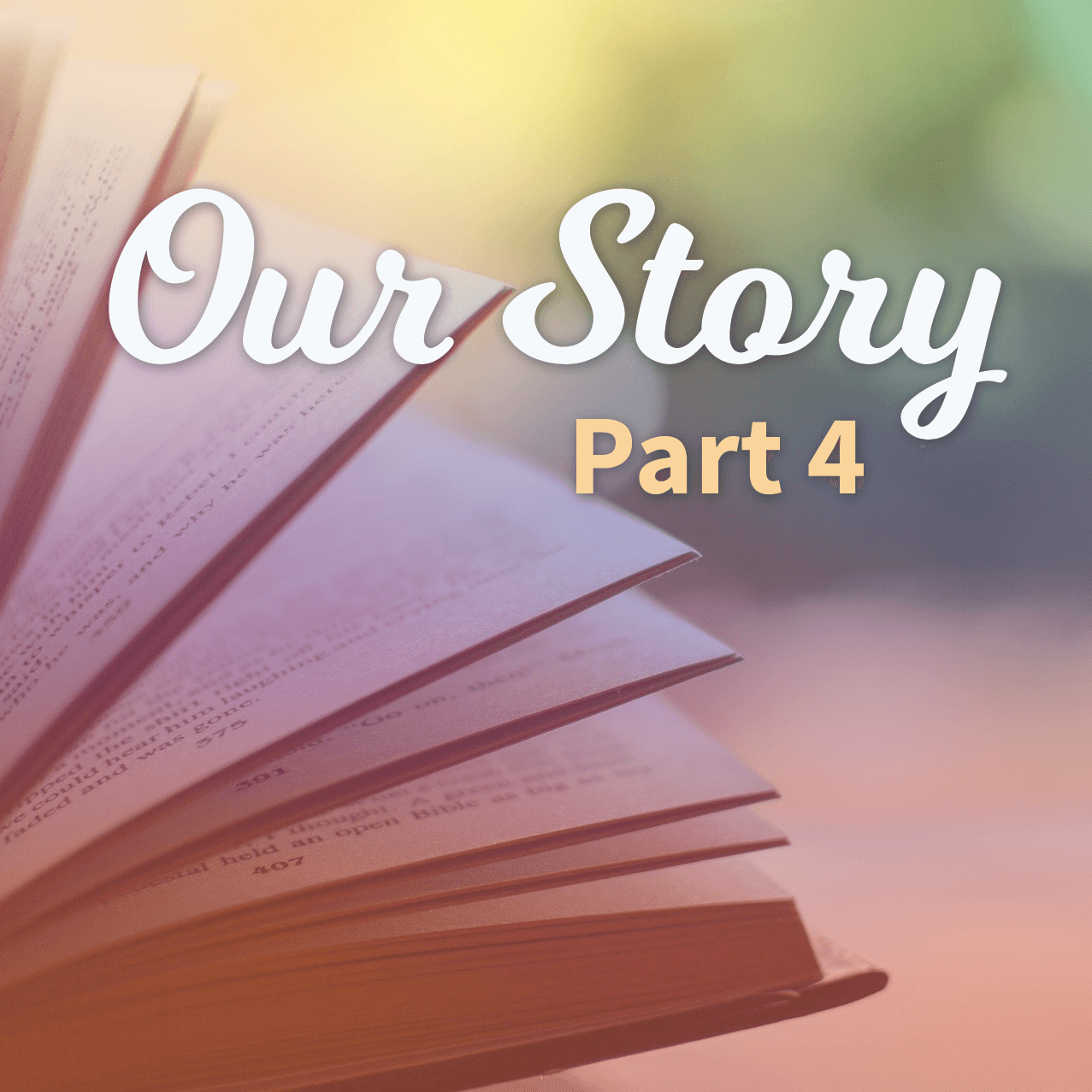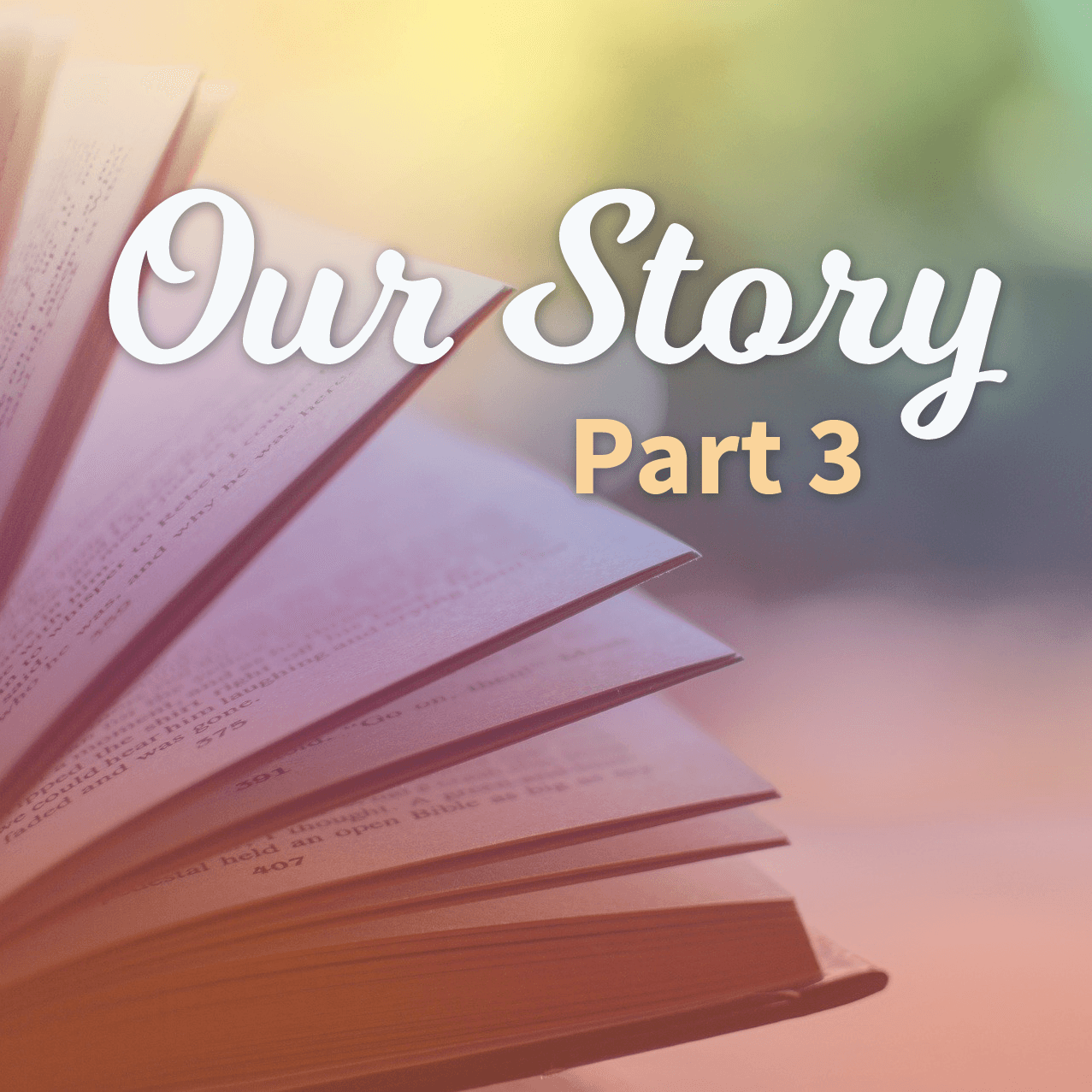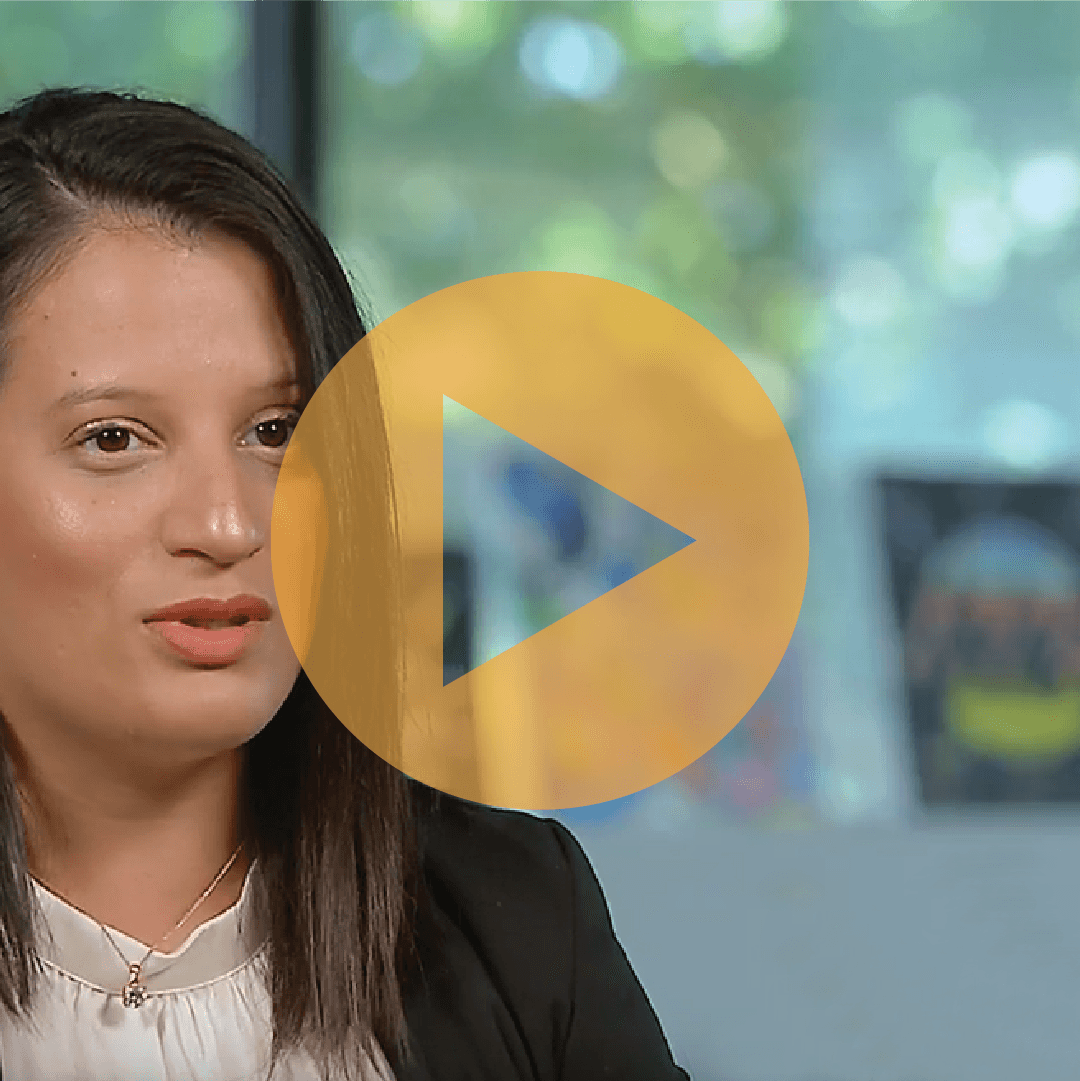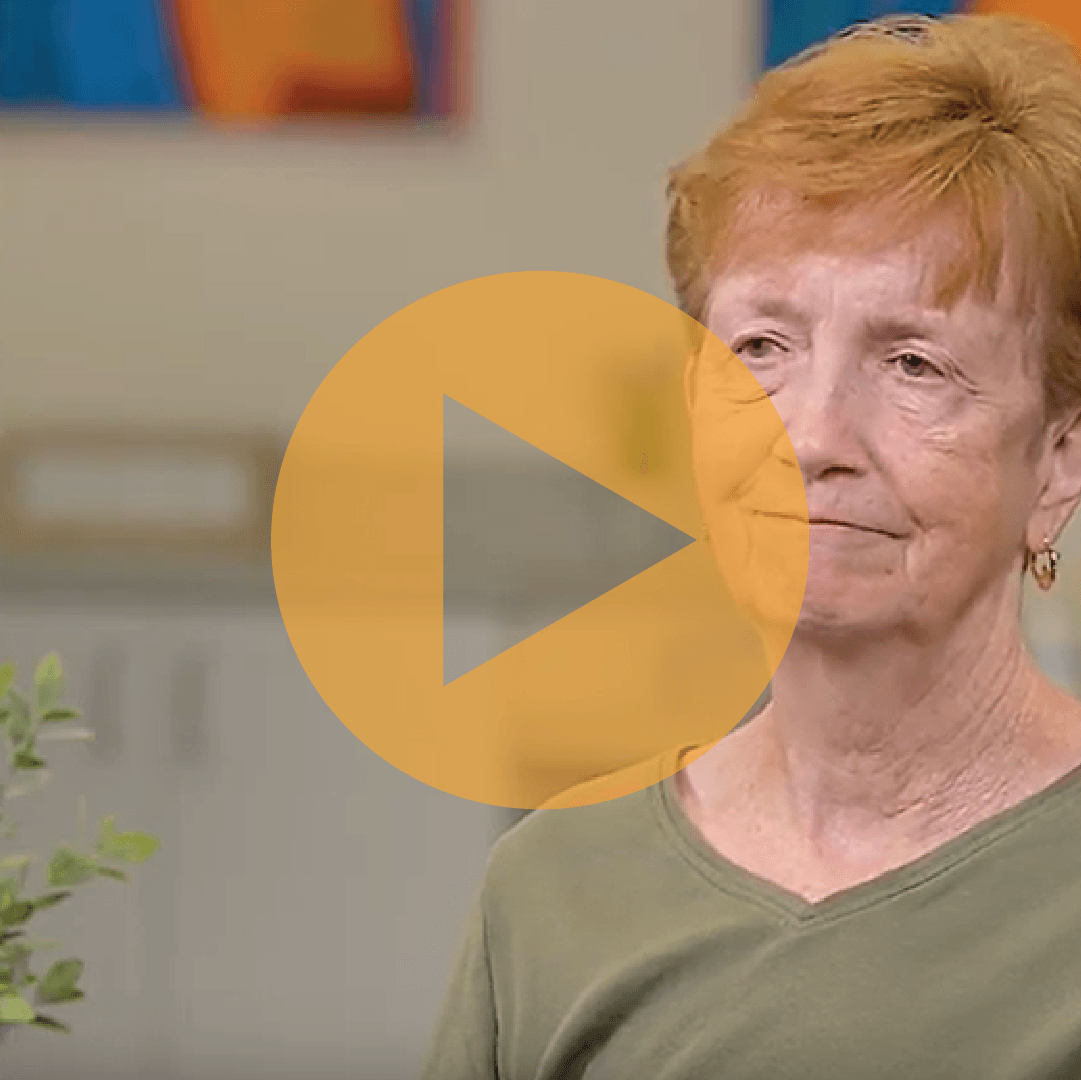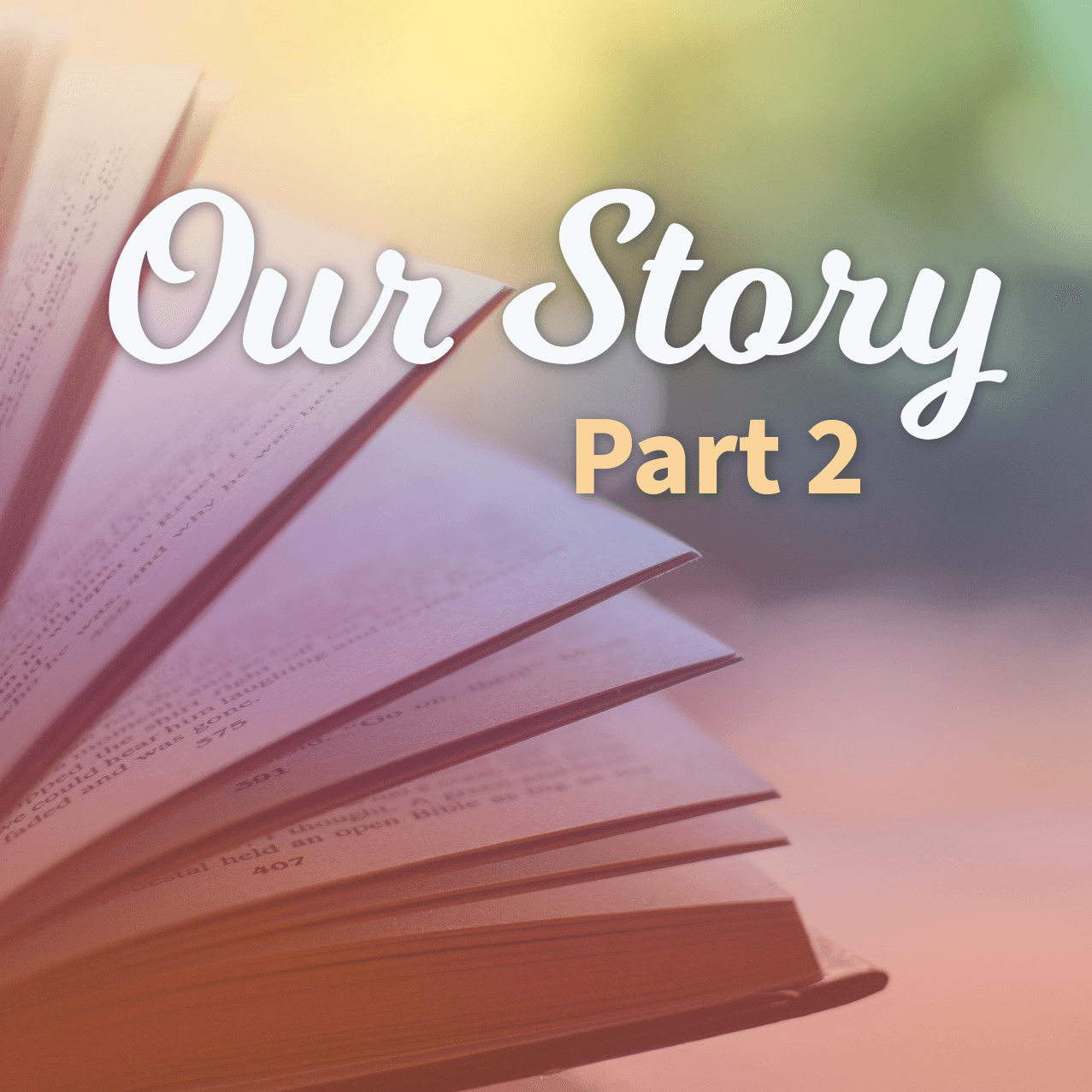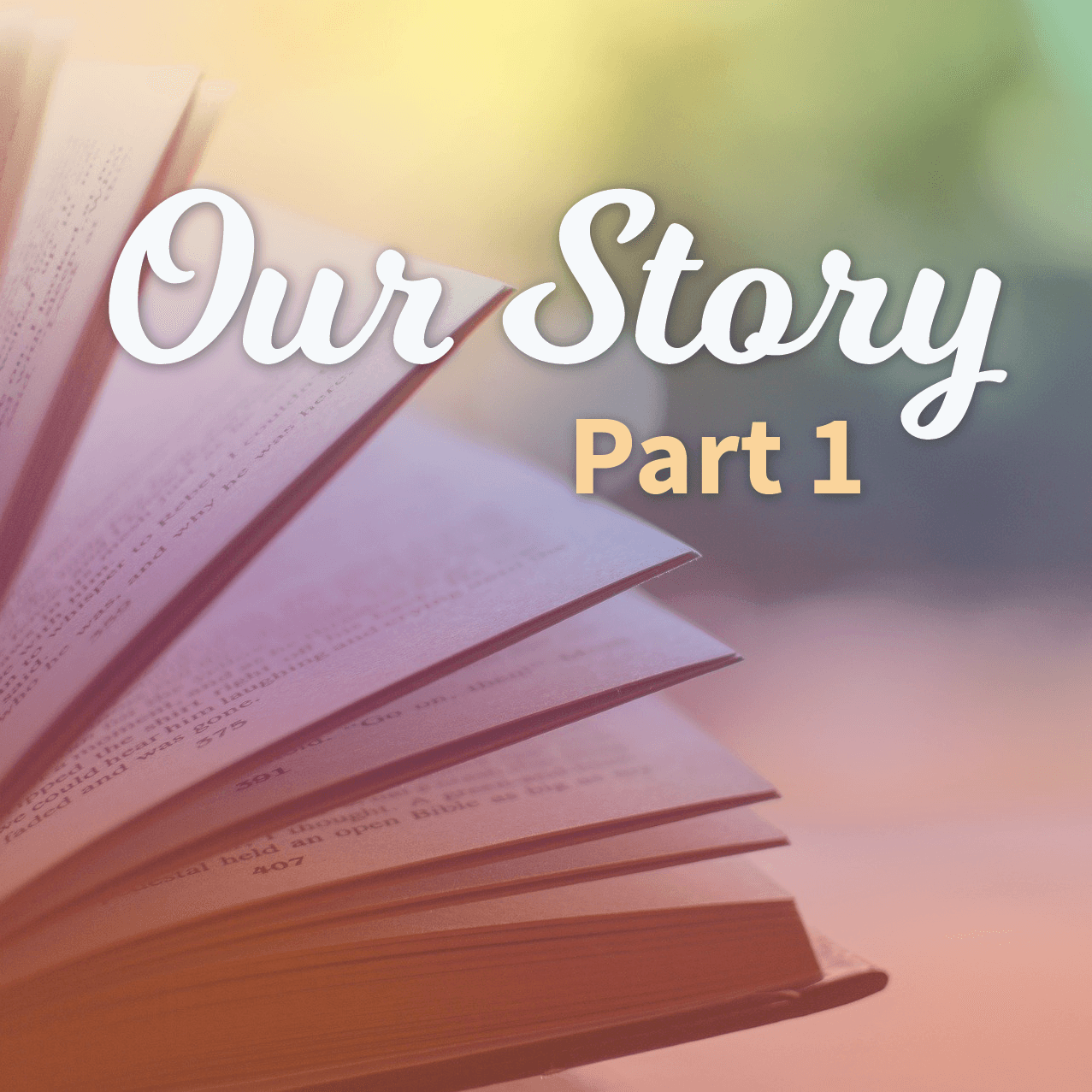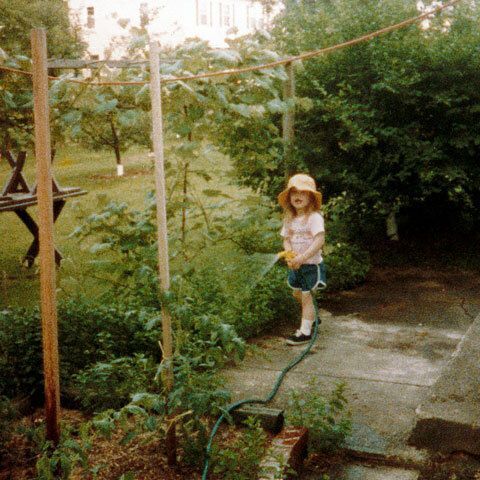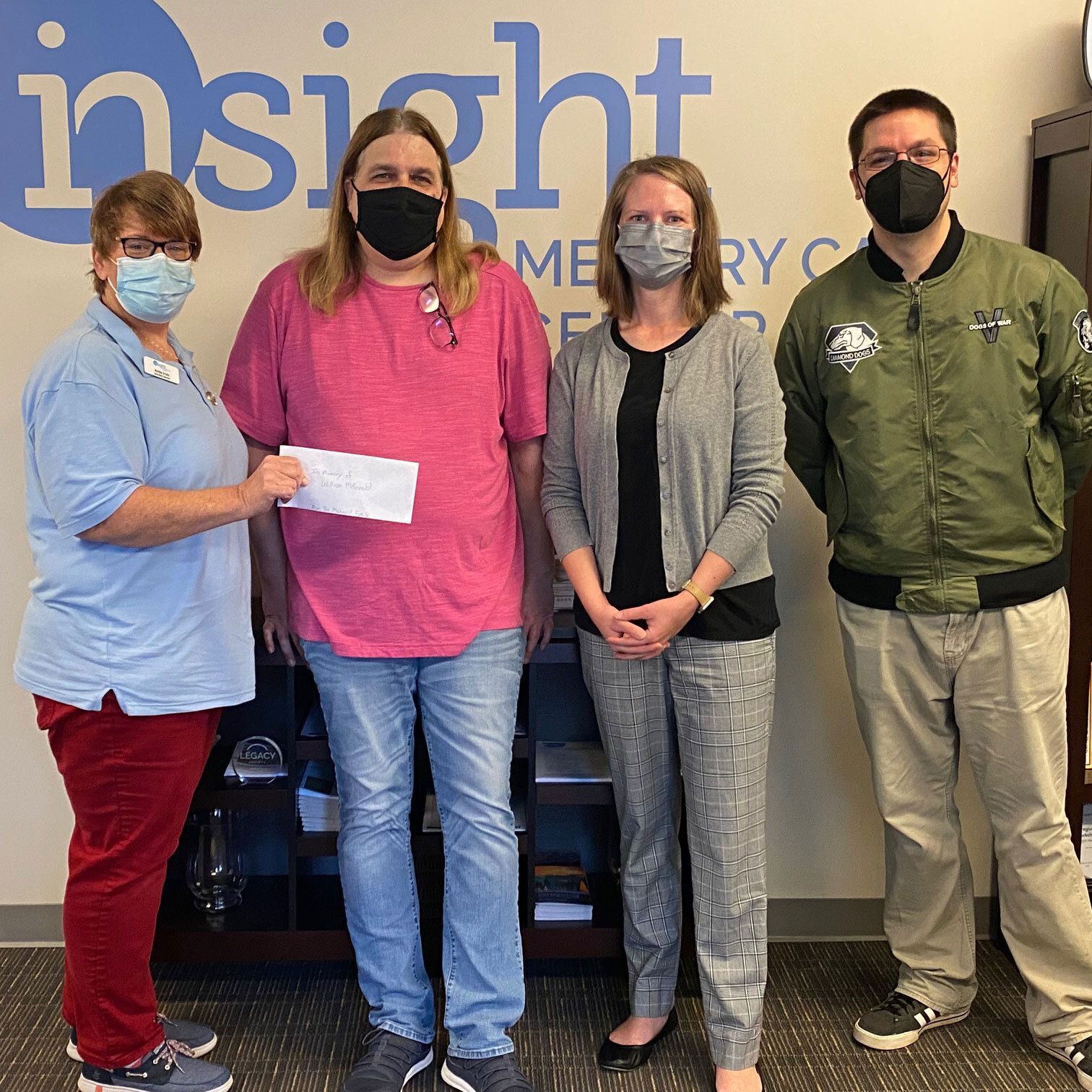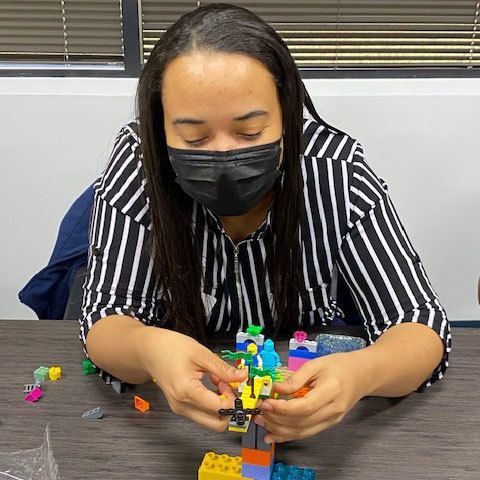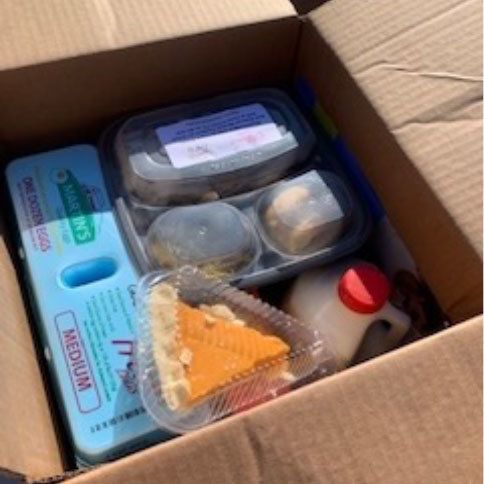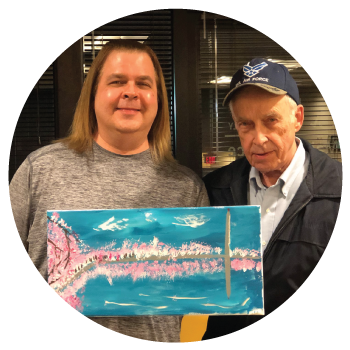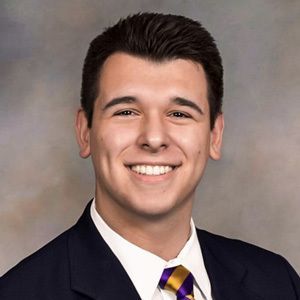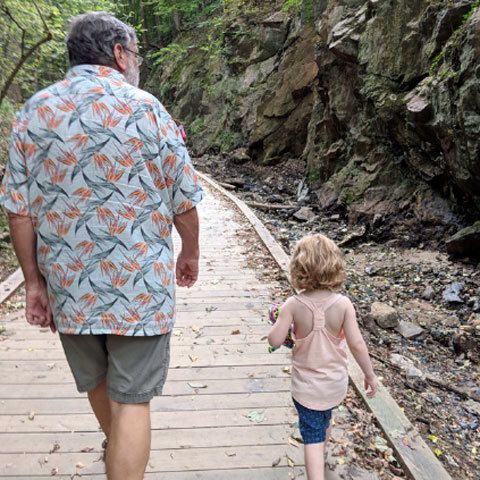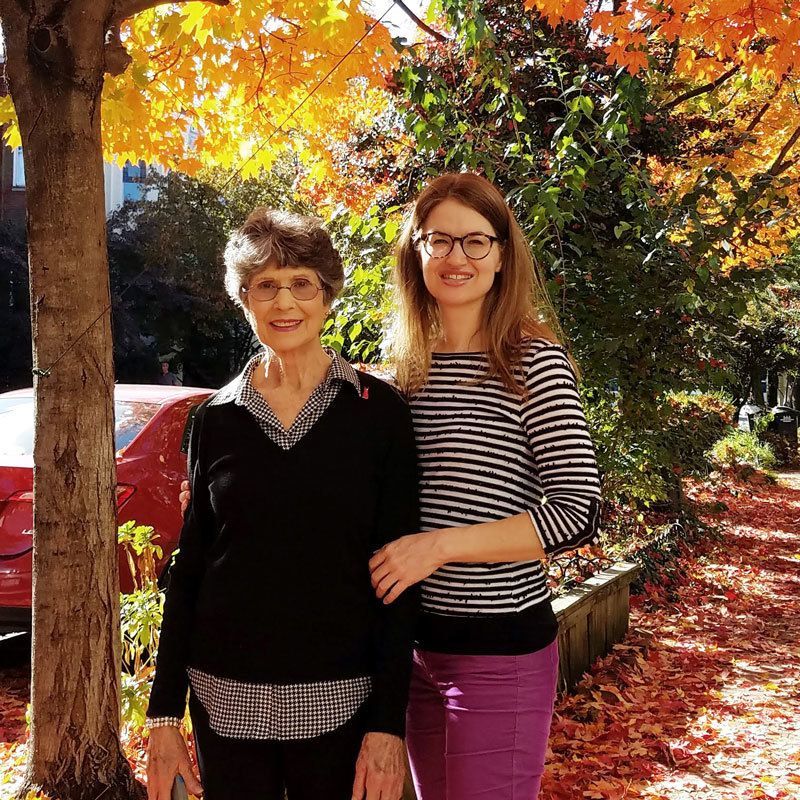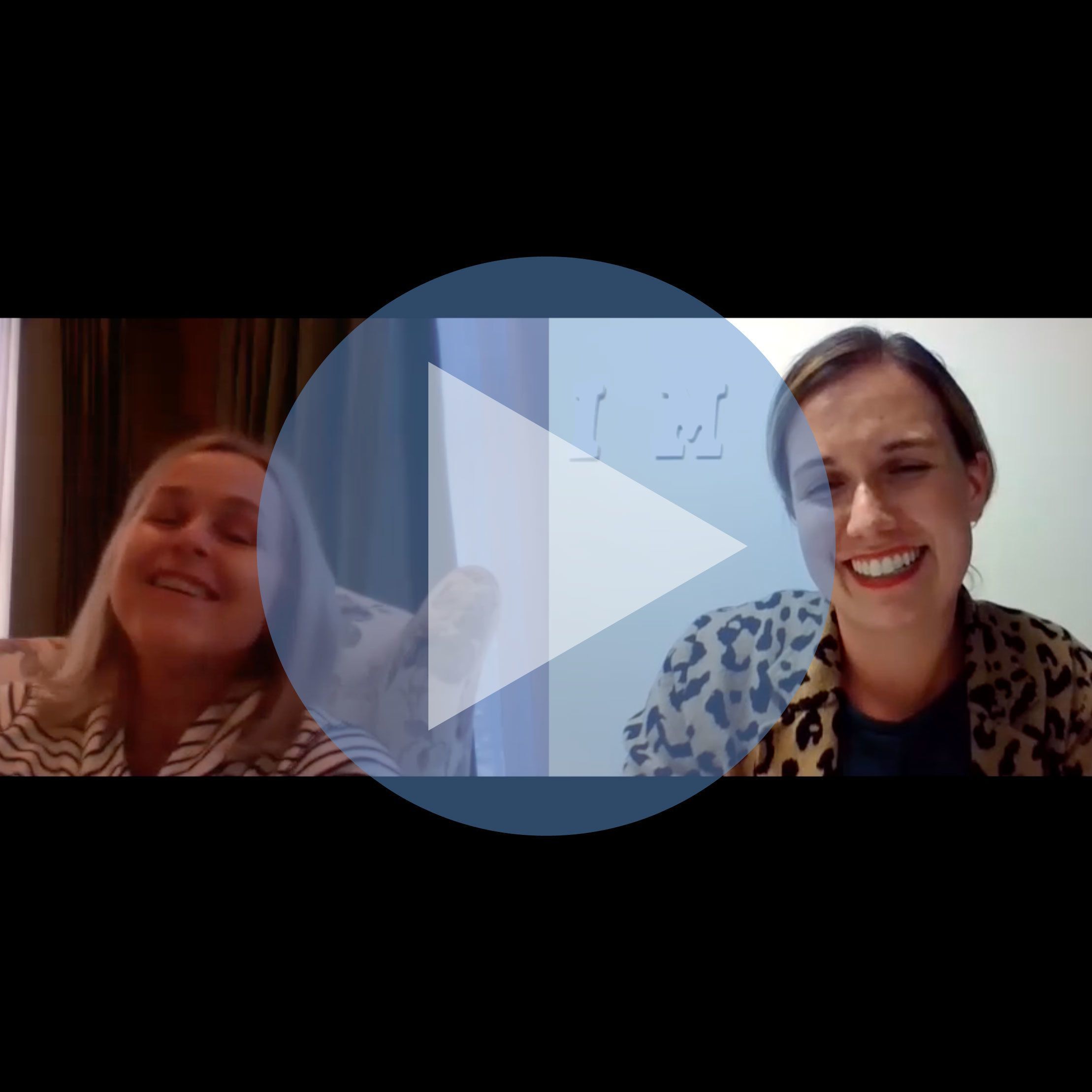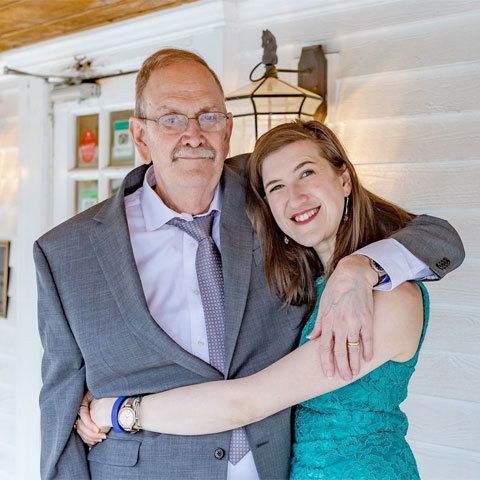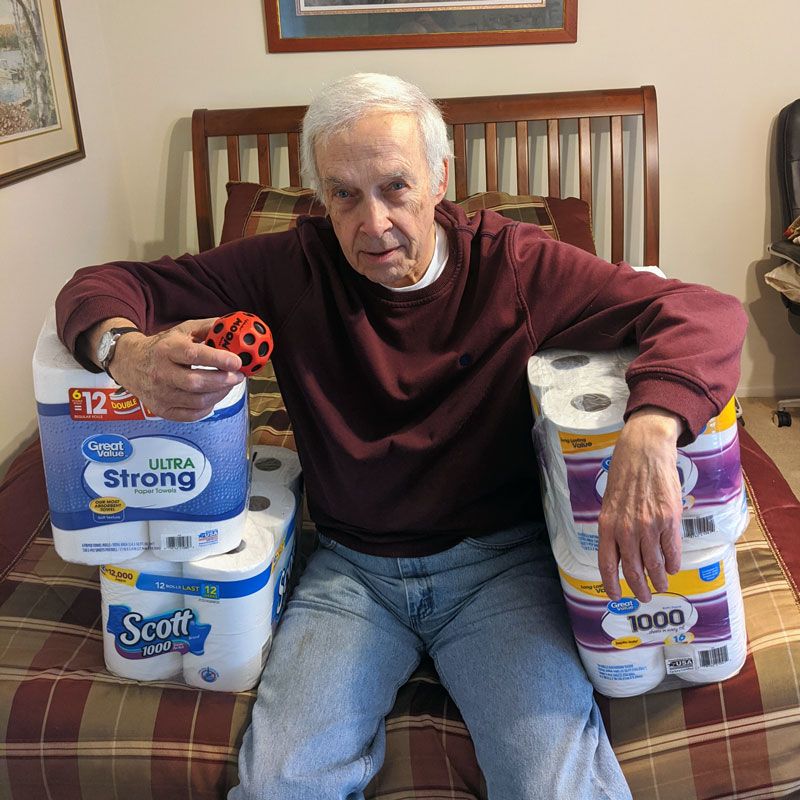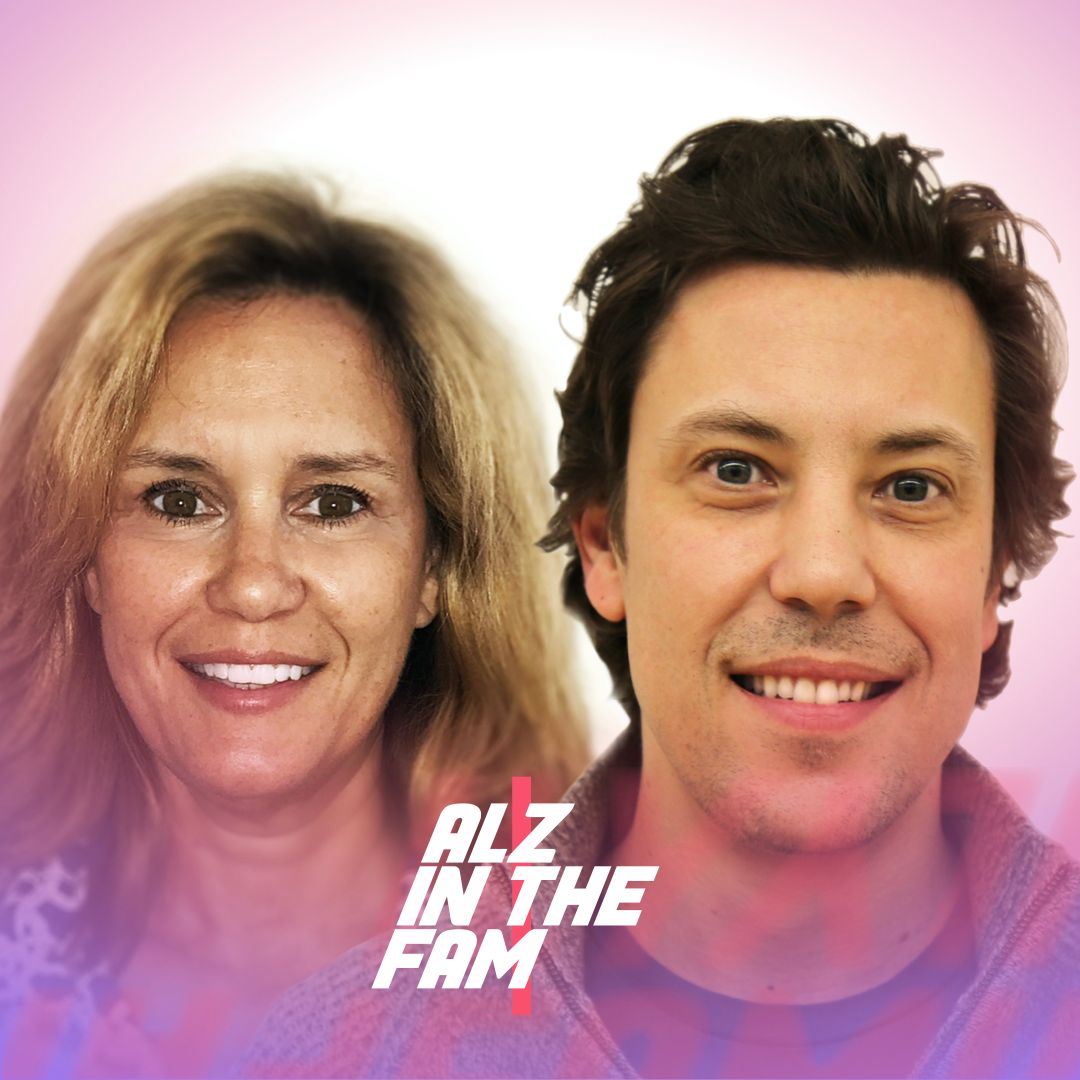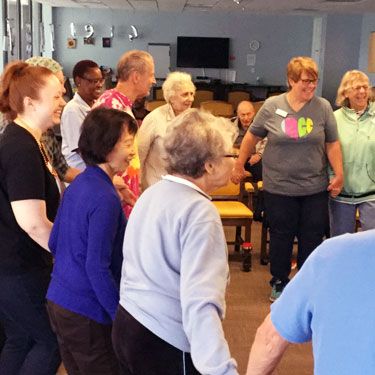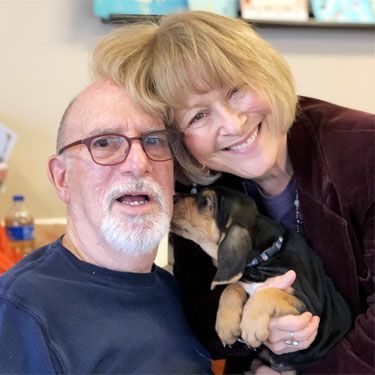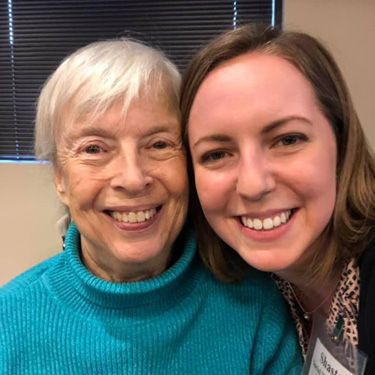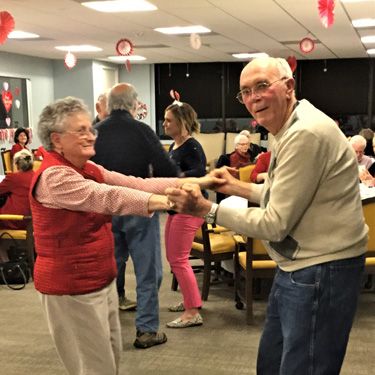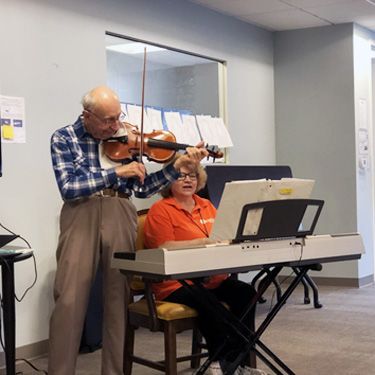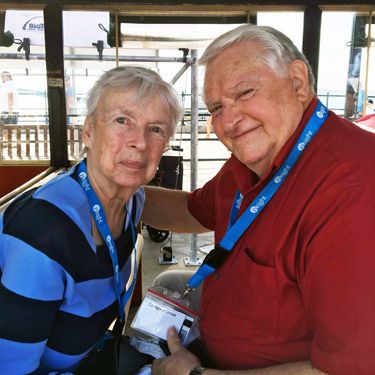Resources By Topic
My Insight
Insight care partners, family members, volunteers, and more share their stories. We hope their experiences bring you comfort that you're not alone in this journey!
In honor of National Volunteer Week, one of Insight’s newest volunteers shares more about her passions and why she volunteers to support those living with dementia. "Having experienced firsthand loving a family member who had Alzheimer's disease, I recognize it's a challenge that requires understanding, empathy, and, above all, awareness..."
In Parts 1 – 6, I mentioned issues that Marie and I faced as we proceeded on this journey and I discussed the options we used to address them or overcome obstacles. Since we did not use every option available to us to take care of problems/needs as they arose and to give you a broader knowledge of the help that is available to you in caring for your loved one, we have compiled some resources and information that you may find helpful.
“I did a lot of interaction in my previous life, and I just like being around people. And when I wasn't doing that, it just depressed me,” shares Rick, a participant in our early stage Reconnections program. Lindsey Vajpeyi, Director of Early Stage Programs, elaborates, "At Insight, people find a community. They find others who are going through something like they are and really get it." Watch their stories.
"Insight is not your typical place. You know, at Insight, they treat the individual as an individual," shares Mary, care partner for her husband. Hear more as Mary shares their story.
One concept that it took me some time to ‘get,’ is that it’s important to recognize that although your loved one isn’t who they used to be, both cognitively and emotionally, they continue to need to be treated with dignity and to have friendships and a life of their own. This is especially the case, since they are no longer living with you 24/7. It doesn’t mean that they don’t love you, it simply reflects a recognition that your living situation has changed.
Despite all of the care, assistance, and precautions, this was the third ambulance ride Marie had had due to a fall in the past four months. It was this last fall that convinced me that the most important thing to be considered was not my need to take care of Marie at home, but what was best for Marie.
When they first came to Insight, they were in search of ways to stay engaged after a new diagnosis (and extended time at home during COVID!). What they found was a supportive environment for both of them. Monica shares, “He’s very happy here. I know he is. Because he wants to come.” Hear more as Monica shares their story.
We are grateful to have many fabulous social workers here at Insight who contribute to the organization in a variety of ways. Whether it is connecting with participants, coordinating resources for families, engaging the community, or just being a listening ear, our social workers do extraordinary work to further our mission. As we celebrate Social Work Month, meet our social workers!
Since I had been taking care of Marie’s increasing needs as the disease progressed, I decided that the best course of action at that time was just to continue doing what we were doing. Besides, not being a member of the health care community, I didn’t know of any other options. So for the time being, we would go it alone. After all, I reasoned, who can better take care of your loved one than you?
Marie had an appointment with a neurologist, who gave her a diagnosis of dementia, most likely Alzheimer’s Disease. Marie was totally unfazed by it. I wish I could say the same for myself. All the way home from the appointment, I kept repeating to myself, “what do we do now?,” “what do we do now?”
"My hope for Insight in the future is that we continue to serve our home base here, but at the same time expand our reach further and further," shares Rodney. "My own grandmother, she was diagnosed with dementia. She lives in North Carolina and she doesn't have stuff like this there," says Selena. Listen as staff and family members share their hopes for the future with Insight Memory Care Center.
“Stephen had undiagnosed probable Lewy Body dementia and he took cold tablets, which can set the disease process in full blown proportions. And that’s how we started with Lewy Body – jumped in with both feet,” shares Lynn, care partner for her husband. Watch their story.
This diagnosis was rendered about five years following Marie’s car accident. At the beginning of that time, we had been wondering if there was something going on, and at the end of it we were wondering just what was going on. Despite the time frame and all of the wondering, thinking, and reading about the possibilities, the diagnosis was still a shock. Essentially, we knew that something was wrong, and just what was wrong now had a name.
I am a gay woman in my late 70’s. My partner and I were together for over 40 years. About ten years ago, Marie began experiencing unusual events; first a broken leg, and then a car accident a year later. After that, things settled down for a while; or at least they seemed to. As it turned out, Marie was quite adept at hiding her memory issues; and I appeared to have missed what, to some of Marie’s friends, was obvious. She was becoming forgetful.
I remember my Dad, Steve, spending hours planning out the garden beds; drawing out plots and deciding how to rotate what was planted each year in order to be sure that the soil was in the best condition for each plant type. When my parents retired and relocated to a new home, having space for a garden was a top of the list item for my Dad. Gardening was a passion of his and he was looking forward to having more time for this now that he was retired. Unfortunately, changes in his attention to detail and gardening talent were one of the first indications that my Dad was experiencing some cognitive changes.
Like many families, the McDonald’s first approached Insight Memory Care with trepidation. Tom and his brother had noticed some changes in their dad, Bill, that seemed beyond normal aging. After several doctors’ visits, he was diagnosed with Alzheimer’s disease. On one hand it was a relief to know what was going on with their dad, but on the other, it mostly meant a whole new journey in front of them.
I arrived in Sterling all set for the first night and began greeting the five couples who would be participating as they arrived. Because five of the 10 participants had dementia, I hadn’t set huge goals for the evening, I really just wanted everyone to have fun. But as soon as the “practice round” of participants building a tower began I knew this group was special! They didn’t just stack the bricks on top of each other, some built towers to represent places they had visited in the past like the Burj Al Arab in Dubai and their first duty station in Greece.
A great thanksgiving meal is always something to be thankful for, and Insight is truly thankful to be a part of the Thanksgiving Project this year! Several community based organizations came together to provide families with a freshly prepared Thanksgiving meal, refrigerated items, and non-perishable items to enjoy this Thanksgiving. Insight received 19 of these meals for families who otherwise may have had to forego a Thanksgiving celebration.
My name is Tom. My brother and I noticed that my father’s memory was just not the same as it used to be. We had gone to see his primary care doctor a few times, and he just chalked it up to old age. We thought it was more than that, so we got a referral to a neurologist. And the neurologist confirmed our fears, saying, “Your father has Alzheimer’s.”
The results are in! We've recently completed our annual family survey. Each year, we ask our program participants about their experience, likes, dislikes, and what they'd like to see in the future. We were, of course, especially interested to see responses from this past year in light of the pandemic and the many, many changes and challenges we all faced!
Insight is very grateful to work with fantastic student volunteers and interns. We know that they teach us just as much as we’re able to impart during their time with us! Hear a little more from one of our recent virtual interns about his experience!
We began to see the changes before we had a grandchild. Those were glorious days of appropriate comments, empathy, and mostly the man we recognized. She came and we reveled in our time together. As she grew things changed subtly but change, they did. In the last six months the granddaughter’s growth in empathy, in expression, has progressed while Gramps’s has regressed. What results is a lot of interpersonal drama—much like two children.
To deal with my emotions as caregiver for a loved one, I have started writing short poems, inspired by Haiku. Traditional Japanese Haiku follows strict rules—which I surely do not. But writing when emotions bubble up has been, for me, a way to feel better.
Hi my name is Cathy, and I’m going to share with you my story about dementia. My sweet mother started having some very noticeable memory issues maybe about three years ago. I aggressively started looking for a place for her to live up here in Washington DC because she was isolated living alone in Texas. She agreed to the idea; she was very thankful at the idea of living near a child but she thought, you know, we'll see in a couple years see how I’m doing. But there was no time to wait a couple years, she was not safe being alone. So now I have a roommate!
Katelyn Sloan, our Director of Marketing, sat down with Debbie, who's mother has been a part of Insight's early stage Reconnections program for a little over two years to chat about the shift to virtual programs, ways it works for both her and her mom, and how the program has become "our people!"
As a 28-year-old, I’d recently graduated from grad school, and snagged my ideal job in downtown DC as the manager of a health nonprofit. While everything looked bright for my career, my love life was turning out to be more difficult. I was almost 30, still single, and still looking for my soulmate. Because my parents were older, I wanted to start a family sooner than later. That’s when my dad was diagnosed with cognitive impairment.
At the start of the pandemic, we had a participant that tried out virtual activity programs. Following along and tracking everyone on the screen was a little difficult. But rather than miss out, staff set up one-on-one calls to check in and provide engagement from home.
Carmen Fair is a mother of four who suffers from Alzheimer’s disease. When this journey began over 10 years ago, her children – Poli, Boni, Trissi and Allan, became her caregivers. Now, these four siblings continue to work together with the rest of their family to care for their mom and fight against Alzheimer’s.
To write about why I volunteer at Insight I have to go back about nine years. In the fall of 2011 came a realization in our family that Grandma, my husband’s mother, was struggling…something all Insight families have experienced. Ove the next five years I became my mother-in-law’s primary caregiver, forging the most intense and personal relationship I’ve ever had with anyone.
When I met with Gordon and his wife, Karen, I asked Gordon to share his experiences with this diagnosis. The couple lovingly shared an anecdote from Gordon’s counselor: “She compared the program to ice cream. I started Reconnections with one day a week, and she said one day was like one scoop of ice cream, and wouldn’t I rather have two? Yes, and make it Pistachio.”
One of the key requirements for obtaining a Bachelor of Social Work degree is to complete a two-semester long field practicum. Having always been interested in working with older adults, Insight Memory Care Center was my top choice for placement – mostly due to their stellar reputation. I interned at Insight and learned so much about dementia care during my time there.
As we continue our theme of “Sharing the Love” this month, we asked a number of our Reconnections and Day Center participants to reflect on what love means to them. Here are a few of their responses!
In our years of serving caregivers and their loved ones facing a dementia diagnosis, we have seen some incredible acts of love. Each and every one deserves a medal of honor, immense praise, and so on and so forth. However, today I would like to highlight one story in particular.
The first time I noticed a difference in my wife was about three years ago when we were packing to move from NC to Virginia. Both of us were having some medical problems as we aged and we were urged to move closer to family. Of course moving is always a stressful time in our lives and I thought that everything would be alright after we became settled in our new surroundings.
Looking for more information?
Contact Us!
Contact our Education Team at educate@insightmcc.org or 703-204-4664.




